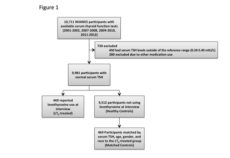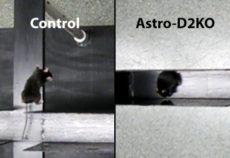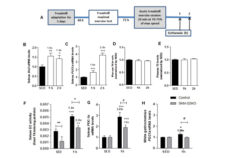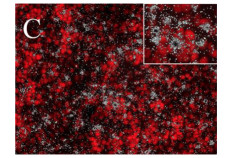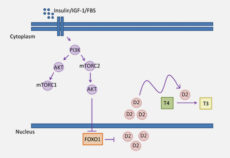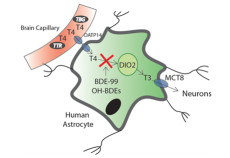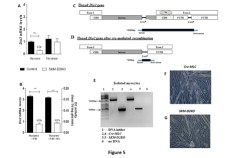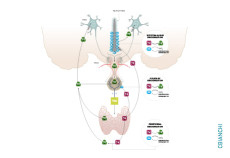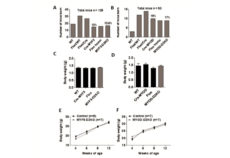
Developmental disruption of type 2 deiodinase in skeletal muscle does not impair muscle function. PMID: 27967605
Background: Myogenesis is positively regulated by thyroid hormone (T3), which is amplified by the type 2 deiodinase (D2) activation of T4-to-T3. Global inactivation of Dio2 gene impairs skeletal muscle (SKM) differentiation and regeneration in response to muscle injury. Given that new-born and adult mice with late developmental SKM Dio2 disruption do not develop a significant […]
